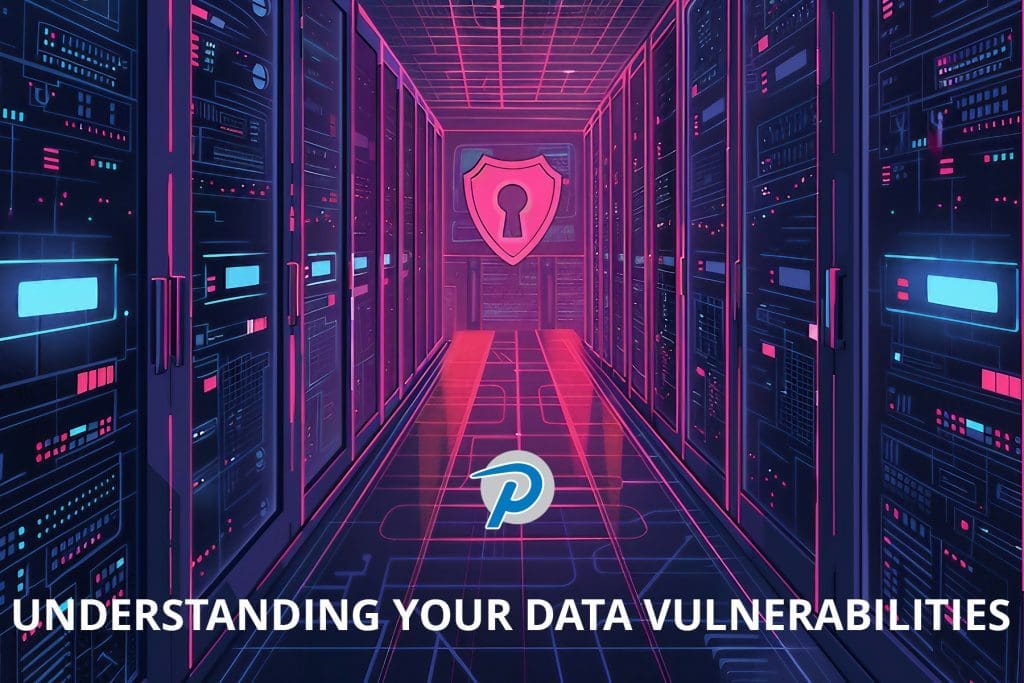

With great data comes great responsibility. Small businesses, in particular, often underestimate the importance of data security, leaving themselves vulnerable to cyber threats. Understanding your data vulnerabilities is the first step towards safeguarding your business and its valuable assets.
- Sensitive Information: The cornerstone of data security lies in identifying the types of sensitive information your business handles. This could include customer personal data, financial records, intellectual property, and more. Recognize that this data is highly coveted by cybercriminals and requires robust protection measures to prevent unauthorized access and breaches. Work your way through our Data Vulnerability Guide to help identify security needs.
- Access Control: Determine who within your organization needs access to different types of data. Implementing a robust access control policy ensures that only authorized personnel can access sensitive information. By limiting access to those who truly need it, you significantly reduce the risk of insider threats and unauthorized access.
- Encryption: Evaluate whether your data is encrypted, both in transit and at rest. Encryption scrambles data into unreadable formats, making it significantly harder for unauthorized parties to decipher. Implementing encryption adds an extra layer of security, especially when data is being transmitted over networks or stored on devices. Ensure that encryption protocols are in place to safeguard your data from prying eyes.
- Data Backup: Data loss can be catastrophic for any business, especially if critical information is compromised or destroyed. Regularly assess your data backup practices to ensure that important data is being backed up frequently and stored securely. Whether it’s on-site or in the cloud, having reliable backups mitigates the risk of data loss due to unforeseen events such as hardware failures, natural disasters, or cyber attacks.
- Third-party Risks: Many small businesses rely on third-party vendors for various services, including data storage and processing. However, outsourcing data handling also introduces additional risks to consider. Evaluate the security measures and compliance practices of your third-party vendors to ensure they meet industry standards and regulations. Conduct regular audits and assessments to minimize the risk of data breaches stemming from third-party vulnerabilities.
By understanding your data vulnerabilities and implementing proactive measures to mitigate risks, you can safeguard your business against potential threats and protect your most valuable assets. Remember, investing in data security today can save you from costly repercussions in the future. Stay vigilant, stay secure.
